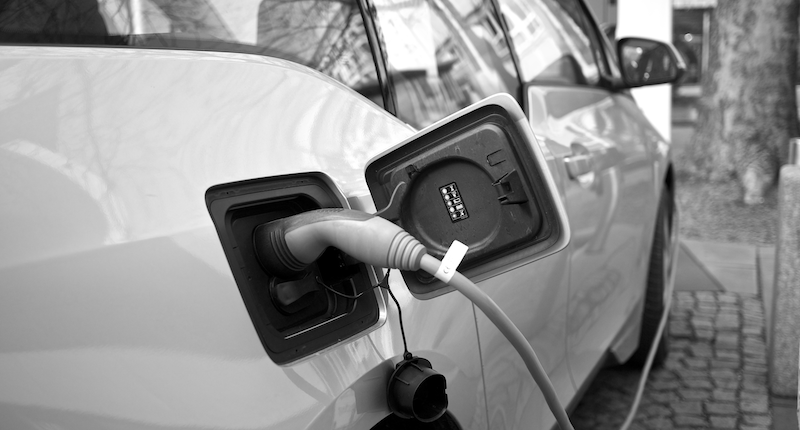Why now is the right time to buy an electric car
Fri, Jun 28, 2019
The Promise
I’ve been facinated with the idea of electric cars ever since I was young but despite all the promises in the 80’s and 90’s they didn’t materialise in any notable form. But in 2008 Tesla changed all of that with it’s Roadster. Despite the problems Tesla faced the future was clear, electric cars were here to stay.
- “Frankly, it passed, but it was completely unsafe”
- - Musk on the early Tesla Roadster
The early electric cars were more comical than practical. Take for example the ComutaCar, a two-person handmade cheese-wedge of a car with a 5hp motor and a top speed of 30mph. Based on the Citicar, the ComutaCar had a theoretical range of 40 miles which it never saw, unless you were going downhill with a tailwind. Despite the apparent misstep, electric cars gained popularity if only from enthusiasts but it wasn’t until much later that people started to believe that an electric car could be something more than a technology-nerd’s plaything.
Fast-forward over a decade and we now have a wealth of options when it comes to electric vehicles. From the Renault Zoe to the BMW i8 and, you guessed it, the return of the Tesla Roadster. But why is now the right time to buy an electric vehicle? Well, it’s a combination of factors.
Why Now?
Range anxiety woes are gone
Up until recently, one of the main problems with electric vehicles has been range. Although the original 2009 Nissan Leaf boasted a 109 mile range, in real terms this was closer to 70 and it was a similar story for most cars until the Tesla Model S. Today, the range topping Tesla version sports a 100kWh battery for over 300 miles or range in EPA tests and around 270 miles in real world situations. The BMW i3 with it’s 44.2 kWh battery can last for 160 real-world miles, the Hyundai Kona 250 miles, the Renault Zoe 146 miles, and the Nissan Leaf close to 200 miles. Most people don’t travel more than these ranges in any one journey but, with the plethora of quick charging stations already installed, a short stop for coffee and a charge can see even the longer journeys become practical.
Electricity is much cheaper than fossil fuels
Petrol and Diesel prices continue to rise and with the UK government calculating a per-mile cost of 12p for a 1600cc-2000cc diesel engine car, a 100 mile commute will cost you £12 just in fuel. Factor in wear-and-tear, servicing, tax, MoT, insurance, breakdown cover, and all other related costs, it is clear that driving is an expensive endeavour. Anything to bring that cost down is welcome for motorists who do a reasonable amount of miles per year. With electric vehicles the cost of electricity is the guiding factor. The Energy Savings Trust has calculated that on average a kWh of electricity can be as low as 9.10p off-peak or 15.75p at the standard-rate although cheaper rates such as 8.7p off-peak and 13.8p standard-rate are available from some suppliers. With these figures a Nissan Leaf can do that same 100 mile commute for between £2.14 (off-peak costs) and £3.70 (standard costs). An annual commute of 10,000 miles has a diesel cost of £1200 while the Nissan Leaf would be between £214 and £370. If you happen to have solar panels installed the cost of your electricity can be much lower than even the off-peak rate.
Public charging stations are everywhere
Charging points are rapidly being installed throughout the UK. Tesla has it’s own network of public charging stations but there are many, many more from a variety of companies out there. Zap Map, a website used to locate electric vehicle charging points currently lists over 24,000 installations at nearly 9000 locations to choose from. The big supermarkets are getting in on the act too with all either committed or thinking about installing charging points to attract shoppers and their electric vehicles. Tesco announced an initiative with VW to install charging points throughout it’s network of superstores and with the UK government allocating a sizable budget for businesses and homeowners to request more installations, the number of locations is only going to rise.
It gives you a nice warm feeling
You could argue that electric vehicles require much less maintenance, accelerate faster, create zero tailpipe emissions, and are becoming more and more affordable, all of which are true, but ultimately driving an electric vehicle gives you that warm, fuzzy feeling with the knowledge that you are doing a small bit towards helping the environment.


